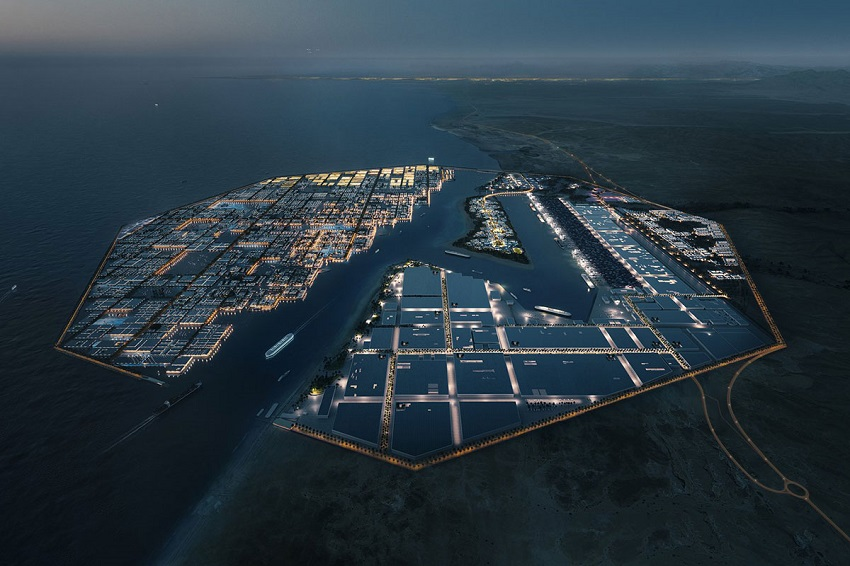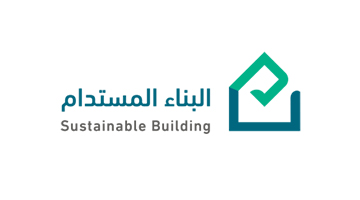
The global shift towards sustainability is gaining momentum, with businesses increasingly adopting resource-efficient practices that respect the environment and contribute positively to society.
“A sustainable business is resource efficient, respects the environment and is a good neighbor.”
– Phil Harding
This article delves into the challenges and opportunities that industries face in adopting sustainable practices, focusing on efforts in Saudi Arabia and programs like the Saudi Industrial Development Fund’s (SIDF) “Future Factories” and “Tanafusiya.” as follows,
- Introduction
- Conventional vs. Green Industrial Practices:
- Saudi Arabia’s Vision for Sustainable Industrial Development
- SIDF’s “Future Factories” Program
- Tanafusiya Program for Industrial Efficiency
- Global Standards for Sustainable Industries: LEED Certification
- Energy Audits and ISO 50001 for Operational Sustainability
- Conclusion
Industries, especially large-scale ones, face significant challenges in adopting sustainable practices due to their unique energy, water, and operational needs. Despite these challenges, many sectors are making strides in incorporating renewable energy, automation, and supply chain optimization. The Kingdom of Saudi Arabia, under its Vision 2030 initiative, is working towards a sustainable future, promoting industrial sustainability through government programs and green certifications like LEED. This article explores these initiatives, programs, and their significance in fostering sustainable industrial practices.
The industrial sector stands apart from traditional buildings when it comes to energy and operational requirements. With high energy consumption, unique water needs, and often 24/7 operations, adopting sustainability measures can be more challenging. However, there is a growing movement toward incorporating renewable energy, automation, and supply chain improvements to reduce the carbon footprint. This section highlights the unique demands of industrial facilities and the emerging solutions to address these needs.
Saudi Arabia is undergoing rapid industrialization and is expected to lead sustainable development, particularly under Vision 2030. The vision seeks to balance the needs of the growing population while adhering to sustainable development goals. Saudi Arabia is setting an example by promoting green industries through government initiatives aimed at attracting investments in sustainability. Programs like the Saudi Industrial Development Fund (SIDF) and others support these initiatives, helping set benchmarks for other nations to follow.

3. SIDF’s “Future Factories” Program
The Saudi Industrial Development Fund (SIDF) has launched the “Future Factories” program to support the development of sustainable industries in the Kingdom. This initiative focuses on two key streams: designing and constructing new factories with high efficiency standards and transforming existing factories to adopt operational excellence and advanced technologies. The program aims to enhance sustainability by evaluating technical systems and operational levels, ensuring that industries can meet both environmental and production goals.

4. Tanafusiya Program for Industrial Efficiency
The “Tanafusiya” program –“Tanafusiya” offers financing solutions to promote technological and digital improvements in the industrial sector. By focusing on tracks like digital transformation and energy efficiency, this program helps manufacturers reduce operational costs while increasing energy efficiency. The initiative aligns with Saudi Arabia’s national transformation goals and is crucial in building local capacities that will drive the Kingdom’s industrial sustainability.

5. Global Standards for Sustainable Industries: LEED Certification
Globally, industries are turning to certifications such as LEED (Leadership in Energy and Environmental Design) to verify and promote sustainability in their operations. LEED provides frameworks for both new and existing buildings, with over 5,634 LEED-certified industrial facilities worldwide. LEED for Building Design and Construction (BD+C) applies to new construction or major renovations, while LEED for Operations and Maintenance is suited for existing buildings. This section discusses the relevance of LEED certification in industrial settings and the increasing importance of sustainable certification standards.
6. Energy Audits and ISO 50001 for Operational Sustainability
Apart from certification, industries can enhance sustainability by conducting Energy Audits and implementing ISO 50001 Energy Management standards www.conservesolution.com/sustainability/energy-audits/. These measures help track and optimize energy consumption, leading to improved operational efficiency. Conserve, with its extensive experience in LEED and energy efficiency projects across the Middle East, is well-positioned to support factories in enhancing their sustainability metrics and achieving global certification standards.
Conclusion:
The path to sustainable industrial practices is fraught with challenges but is increasingly being embraced by industries worldwide. In Saudi Arabia, the government’s forward-thinking initiatives like the SIDF’s “Future Factories” and the “Tanafusiya” program are paving the way for sustainable industrial growth, aligning with Vision 2030. Additionally, global certification standards like LEED and operational improvements such as Energy Audits and ISO 50001 play vital roles in transforming industries into resource-efficient and environmentally friendly entities. Through concerted efforts, industries can continue to grow while minimizing their environmental impact.
Author
Nasrin Banu
Nasrin Banu is a seasoned professional with over two years of experience in green building certification. Her expertise spans a diverse range of projects, with a particular focus on coordinating and executing GSAS (Global Sustainability Assessment System) certifications. Nasrin's hands-on experience and in-depth knowledge of sustainable building practices make her a valuable contributor to discussions on green building standards and practices.


